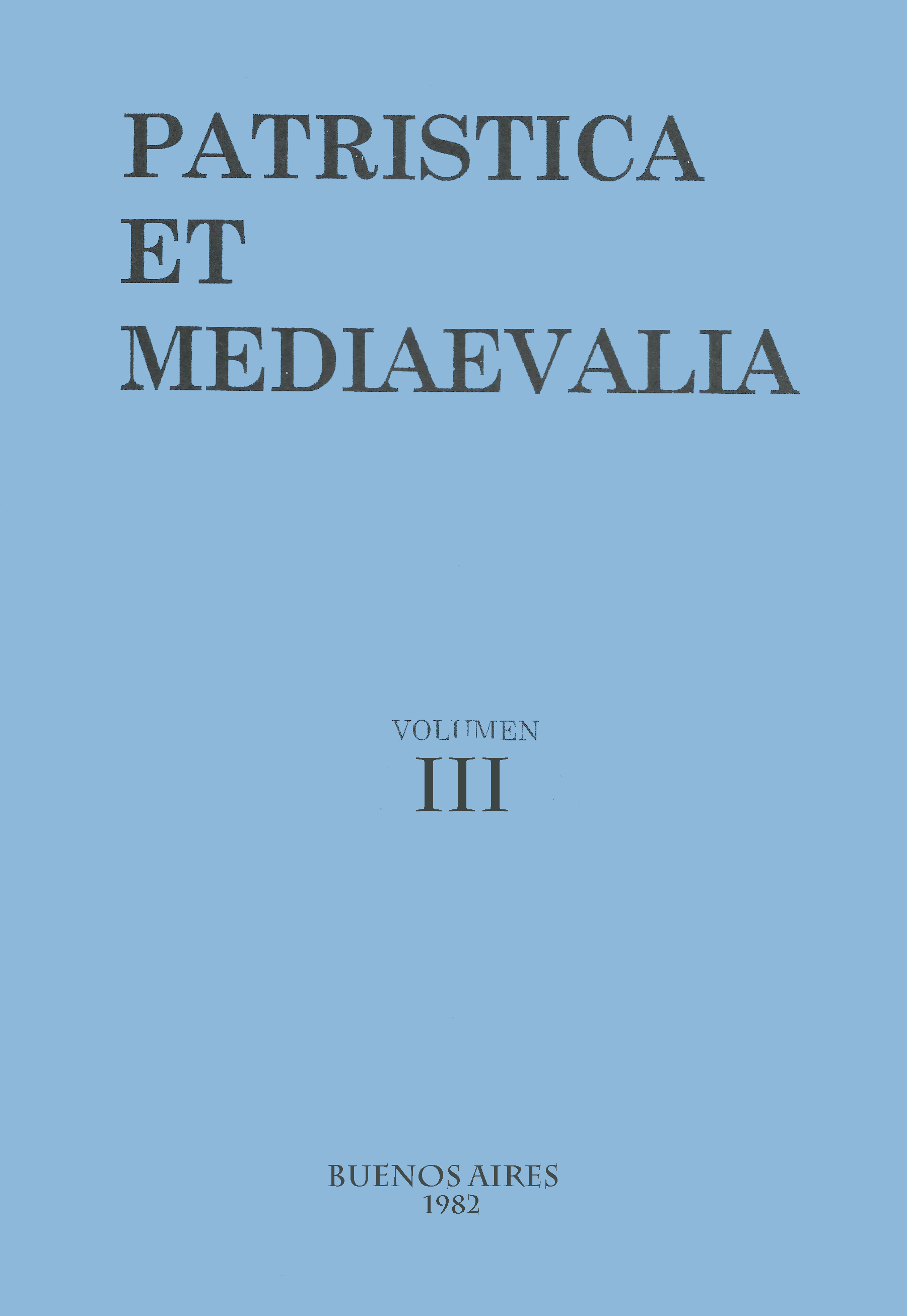Saint Augustine’s Critic to Cicero’s Notion of Republic
Abstract
The article starts with a comparison between the Ciceronian and Augustinian definitions of “Republic”, whose key is harmony based on justice. Then, it presents the different meanings that the concept of justice acquires in both cases. Politically, it is for Cicero the legal body that belongs to a community, based on natural law. Augustine, on the other hand, conceived it as the just relationship of man with God. On this basis, the work seeks to point out that: 1) in fact, by elevating the Ciceronian characterization of “Republic” and bringing it to a higher and more universal order than the juridical-political, Augustine does not invalidate what Cicero affirmed on this last theme. And that 2) Augustine’s intention was not to reject but rather to use the prestigious concept elaborated by the Romans, changing its meaning to, thus, have another glorious name with which to designate the City of God.Downloads
1. The authors who publish in this magazine accept the following conditions:
-
They retain the copyright and grant to the magazine the right of the first publication, with the work registered under the Attribution-ShareAlike 4.0 International License that allows third parties to use what is published as long as they mention the authorship of the work and the first publication in this magazine.
-
They can make other independent and additional contractual agreements for the non-exclusive distribution of the version of the article published in this magazine (eg. include it in an institutional repository or publish it in a book) provided that they clearly indicate that the work was first published in this journal.
-
They are allowed and recommended to publish their work on the Internet (for example on institutional or personal pages).
2. AutoArchive Conditions. Authors are allowed and encouraged to distribute post-print electronic versions of their manuscripts because it promotes their circulation, a possible increase of quotation and a major reach among the Academic community. Color RoMEO: blue.













